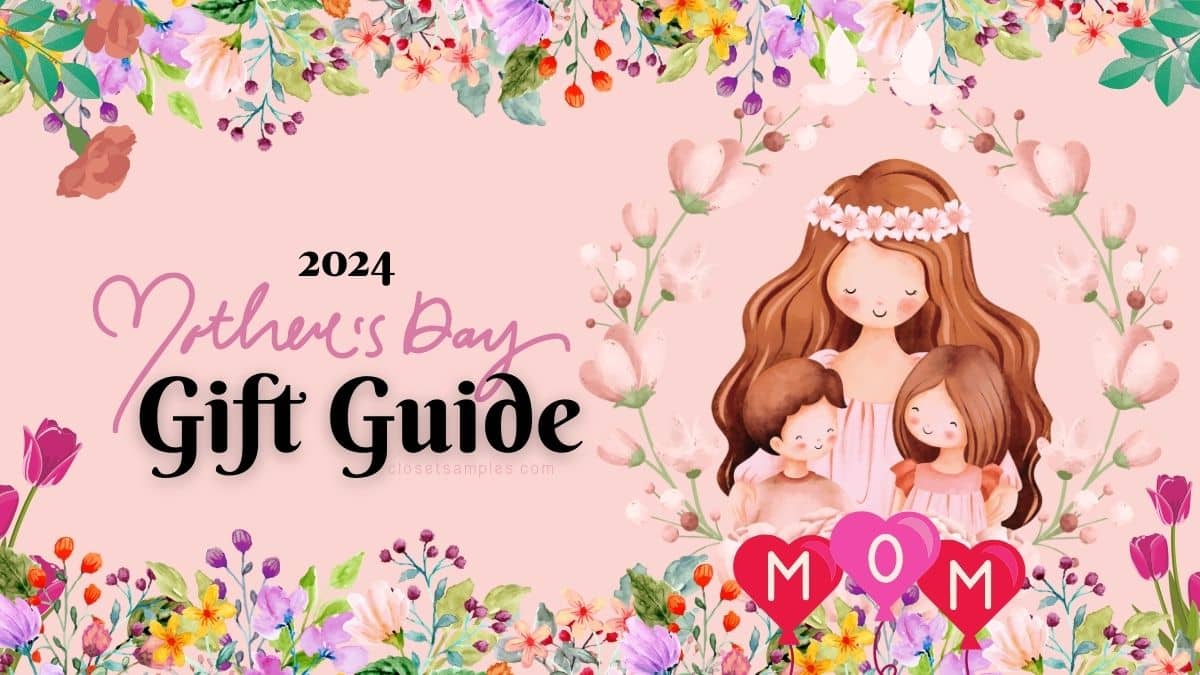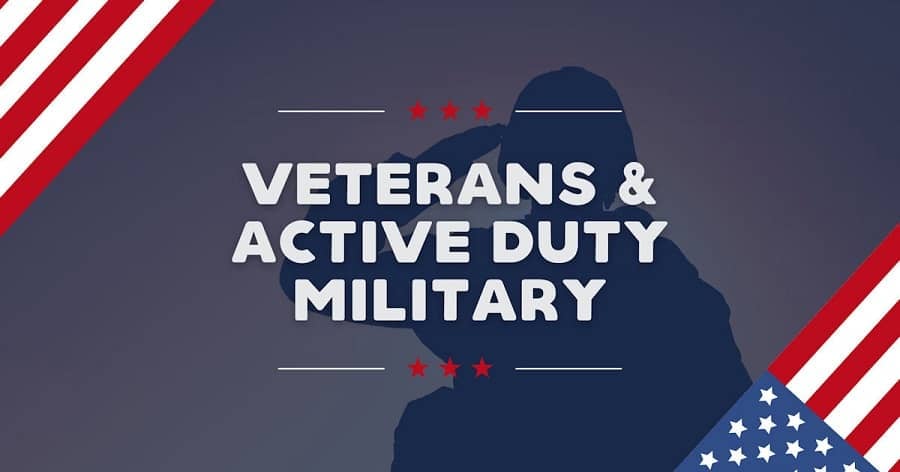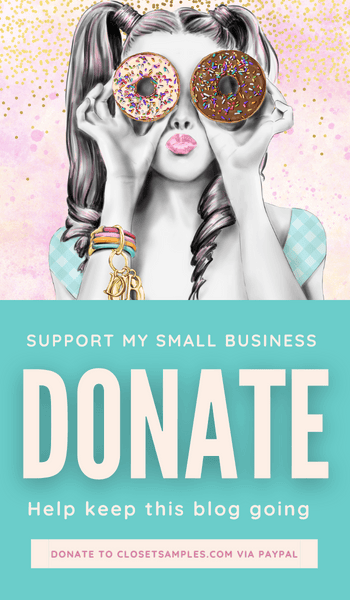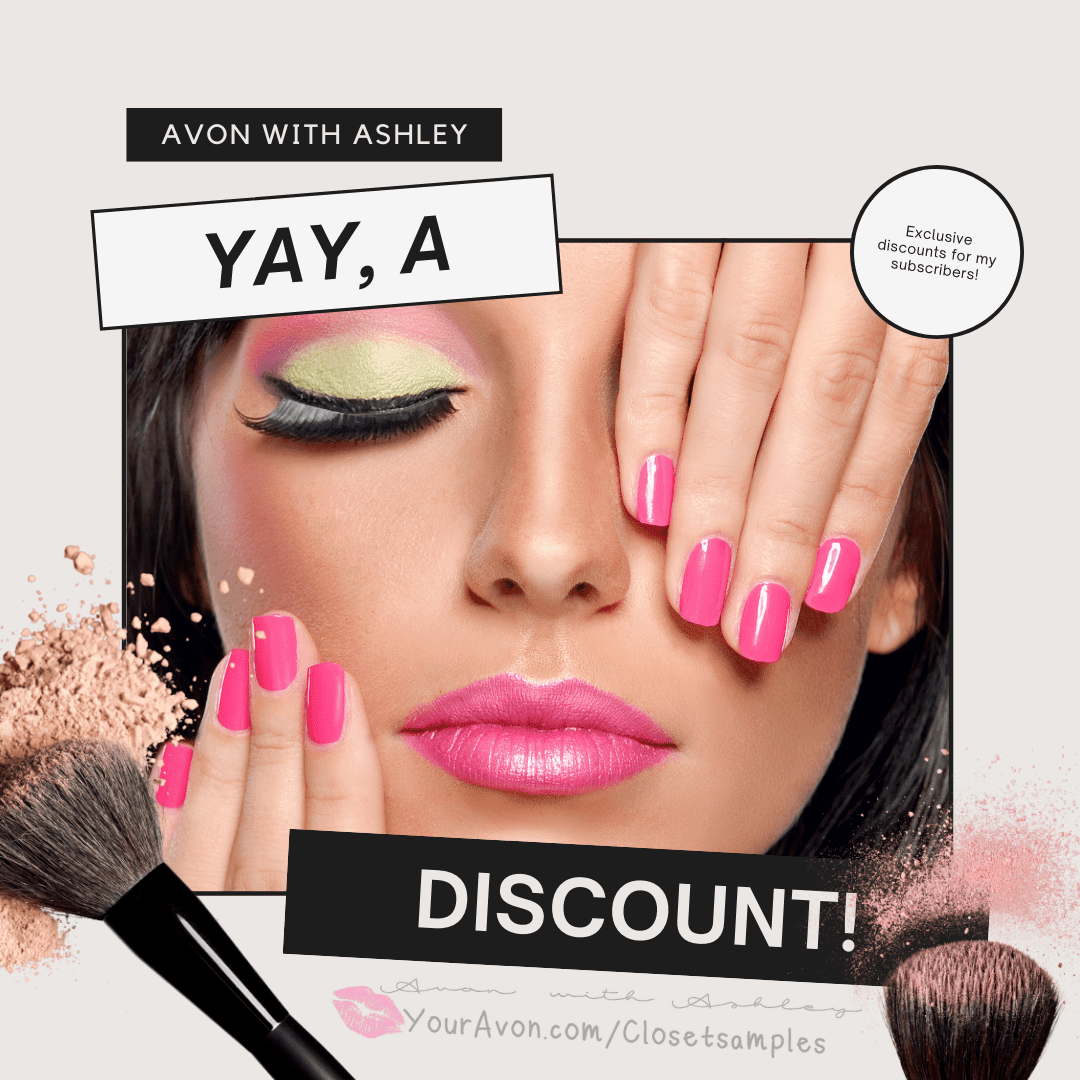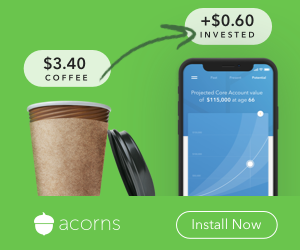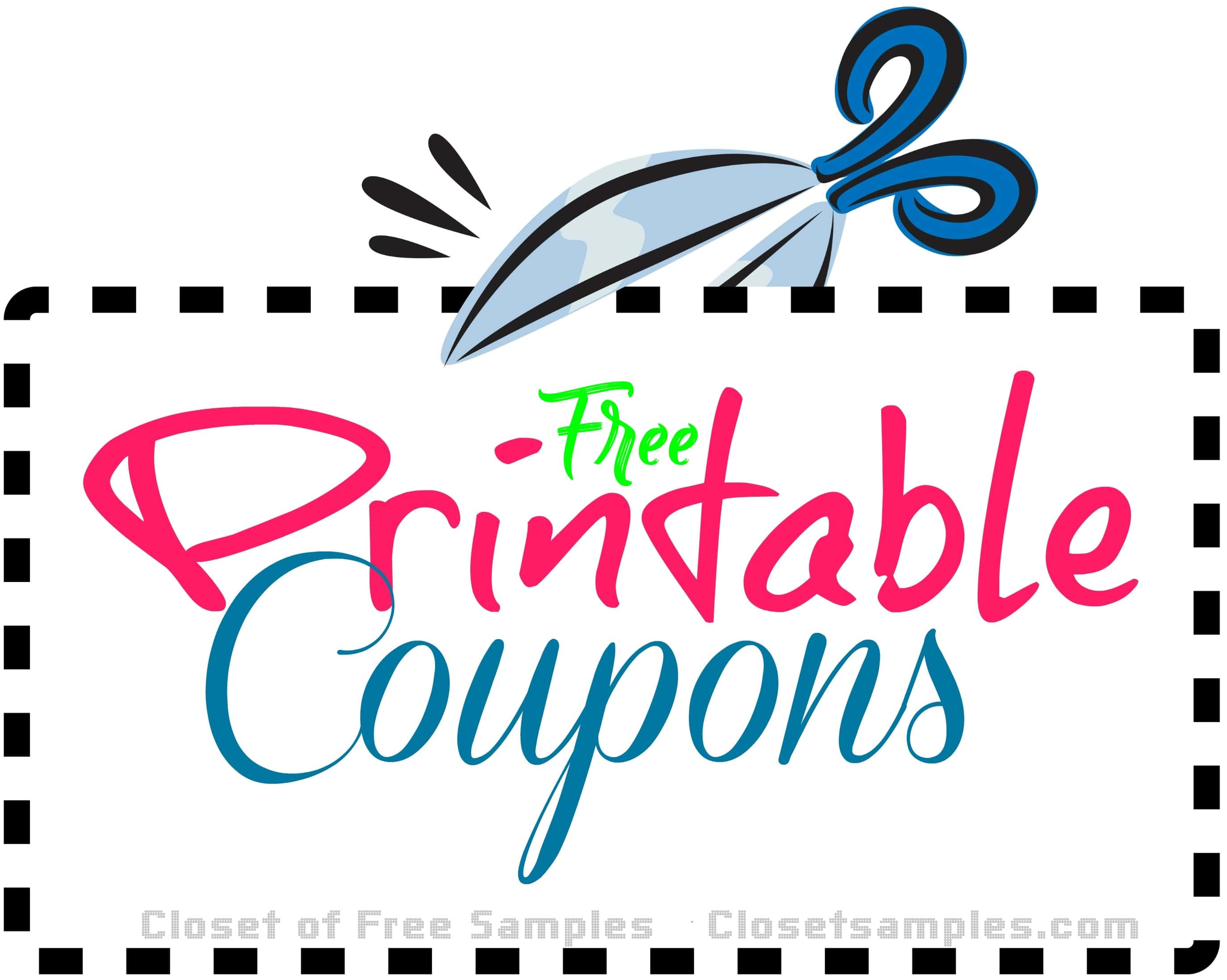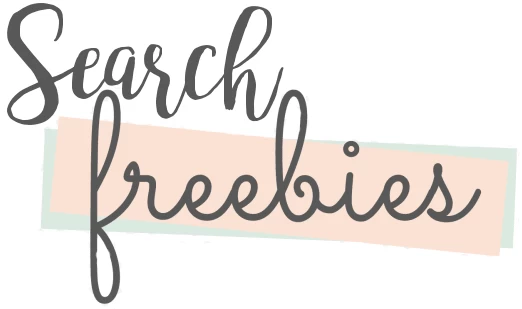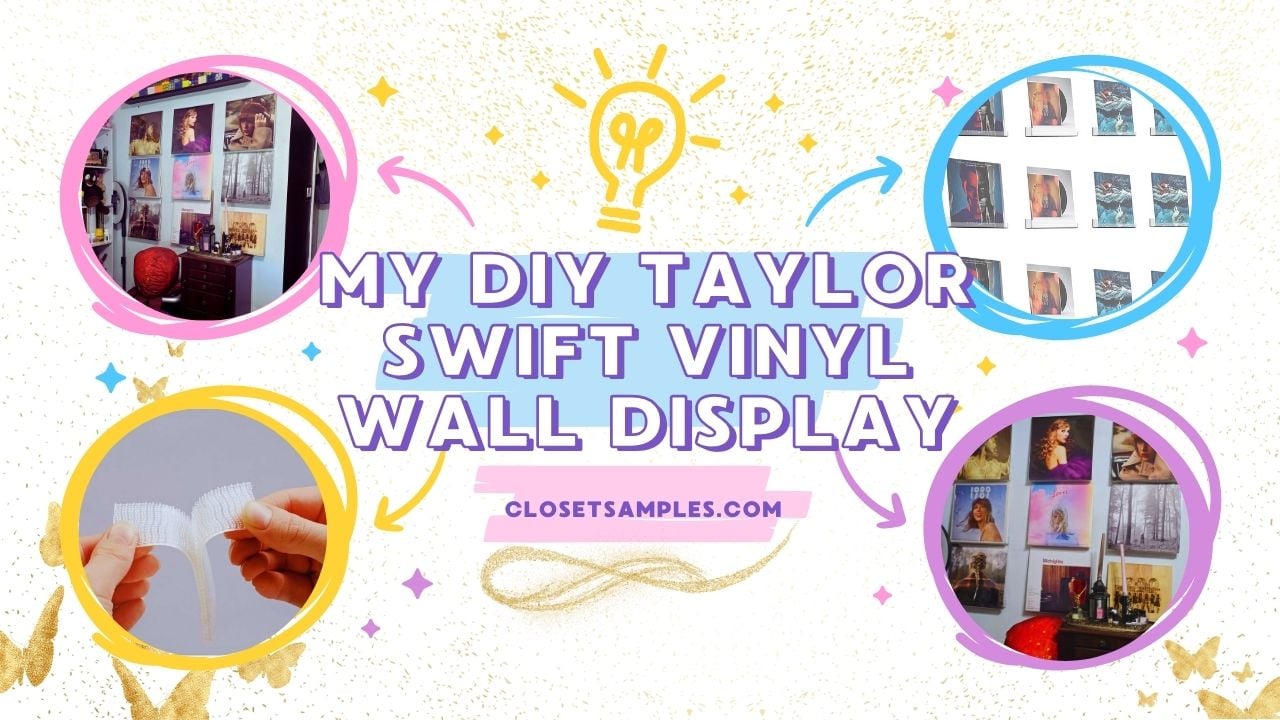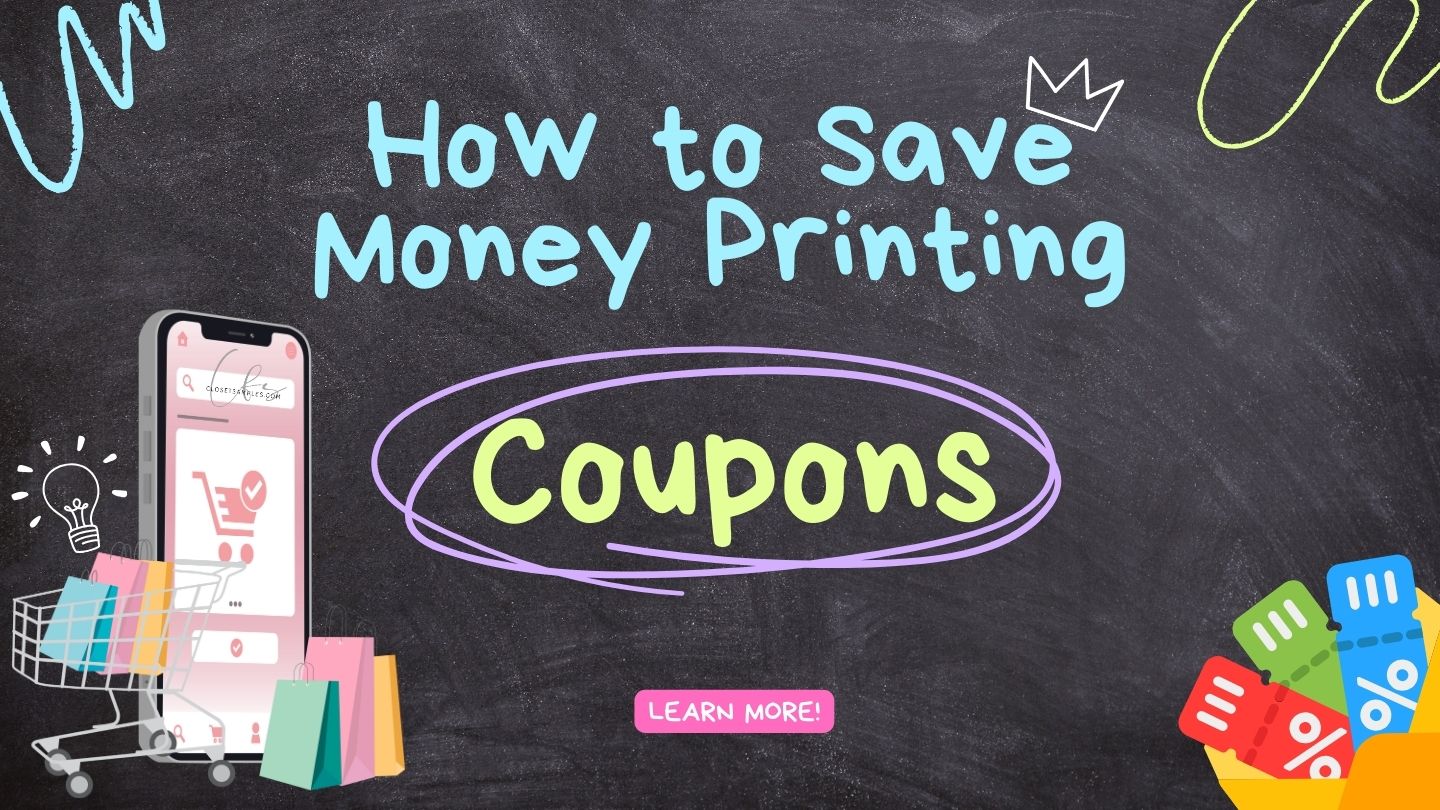Ever dreamt of getting paid to lose yourself in thrilling adventures, laugh along with witty characters, and unravel captivating mysteries? The fantasy isn't as far-fetched as it seems. Forget dusty library corners and lonely reading nooks, because the world of "getting paid to read books" is alive and bustling, offering a plethora of rewarding opportunities for bibliophiles like you. Ditch the day job, grab your favorite mug, and open your mind to the surprising, and surprisingly lucrative, ways you can turn your love for reading into a thriving career. This is your guide to unlocking the secrets of this hidden gem, a treasure trove of opportunities waiting to be explored, one fascinating page at a time.
Jump ahead:
Image credit: Freepik
Exploring Lucrative Opportunities
Unlocking the World of Book Reviewing
Dive into the realm of book reviewing, where your thoughts and opinions become valuable assets. Learn the art of crafting insightful reviews that publishers and readers alike will find compelling. The world of book reviewing is a vast and vibrant ecosystem, teeming with passionate readers, insightful critiques, and the potential to influence the literary landscape. Let's dive into a few various corners:
Reviewers: These are the tastemakers, the literary detectives, who dissect books and share their findings with the world. They come in all stripes: professional critics for major publications, bloggers brimming with enthusiasm, academics offering nuanced analyses, and everyday readers with a knack for articulation.
Publications: From established newspapers and glossy magazines to niche online journals and personal blogs, countless platforms provide space for reviewers to voice their opinions. Each platform caters to specific audiences and offers reviewers varying degrees of reach and prestige.
Readers: Ultimately, the power lies with the readers who consume these reviews. Whether seeking recommendations, validation for their own opinions, or a deeper understanding of a book, readers rely on reviewers to navigate the literary sea.
Critical reviews: These in-depth analyses delve into the book's strengths and weaknesses, dissecting its plot, characters, prose, and themes. They often draw upon academic frameworks and literary theory to provide a scholarly perspective.
Popular reviews: Written in a more accessible style, these reviews focus on the book's entertainment value, emotional impact, and overall reading experience. They aim to connect with readers on a personal level and offer recommendations based on individual preferences.
Genre-specific reviews: With the vast array of genres available, reviewers often specialize in specific areas, such as romance, thrillers, science fiction, or children's literature. This allows them to develop deep knowledge of the genre's conventions, tropes, and reader expectations.
The impact of reviews:
- Boosting sales: A positive review in a major publication can send a book's sales skyrocketing. Reviewers, therefore, hold significant power in shaping the literary landscape and bringing new voices to light.
- Guiding readers: Reviews help readers discover new books, avoid duds, and make informed choices about what to read next. They can also spark conversations, challenge perspectives, and deepen the understanding of a book's meaning.
- Supporting authors: Reviews provide valuable feedback for authors, helping them improve their craft and understand how their work resonates with readers.
The future of book reviewing:
- Rise of online platforms: With the increasing popularity of blogs, social media, and online communities, book reviewing is becoming more decentralized and democratized. Anyone with a passion for reading can now share their voice and influence the literary conversation.
- Focus on diverse voices: There's a growing awareness of the need for reviewers who represent different backgrounds and perspectives. This ensures a more inclusive and nuanced understanding of the literary landscape.
- Evolving formats: From video reviews to podcasts and live discussions, reviewers are experimenting with new ways to engage with readers and share their insights.
 Image credit: Freepik
Image credit: Freepik
How to become a book reviewer:
There are many paths to becoming a book reviewer, and the best route for you will depend on your goals, skills, and resources. Here are some steps you can take:
Build your foundation:
- Read voraciously: Immerse yourself in different genres and styles to develop your literary palate and critical eye.
- Sharpen your writing skills: Take writing courses, participate in online writing communities, or simply practice writing clear, concise, and engaging reviews.
- Understand the industry: Get acquainted with various publishing houses, review platforms, and book trends. Attend book events, listen to industry podcasts, and read relevant blogs and articles.
Get your voice out there:
- Start reviewing on your own: Write reviews for books you read on online platforms like Goodreads, Amazon, or personal blogs. This helps you develop your voice and build an audience.
- Join online communities: Engage with other readers and reviewers in online forums or social media groups dedicated to book discussions. Share your reviews and get feedback.
- Pitch to existing platforms: Research publications, websites, or blogs that accept guest reviews. Submit well-written, well-researched pitches that resonate with their audience.
Consider specializing:
- Choose a niche: Focusing on a specific genre, subject, or reading demographic can help you stand out and attract a dedicated following.
- Develop expertise: Read extensively within your chosen niche, attend genre-specific events, and connect with other niche reviewers.
Be proactive and persistent:
- Network with industry professionals: Attend publishing conferences, book launches, or literary events to connect with editors, authors, and other reviewers.
- Build your online presence: Create a professional website or social media profile showcasing your reviews and expertise.
- Don't be afraid to be rejected: Getting your reviews published or accepted by established platforms takes time and effort. Persistence and continuous improvement are key.
Remember:
- Passion is key: Your love for reading and critical thinking should be the driving force behind your reviewing journey.
- Honesty and integrity: Be fair and objective in your reviews, even when critiquing a book. Always support your opinions with evidence and avoid personal attacks.
- Professionalism: Meet deadlines, communicate effectively, and maintain a respectful demeanor in your interactions with others.
Where can I sign up to become a book reviewer?
While there's no single "sign-up" portal for becoming a book reviewer, there are various platforms and opportunities where you can begin building your reviewing experience and potentially get published. Here are some options to consider:
Open Review Platforms:
BookSirens: Free signup allows you to request advanced review copies from authors and publishers. Reviews are posted on your own platform and shared with the platform's audience.
NetGalley: Requires approval after providing writing samples and references. Offers access to a wide range of advanced review copies from major publishers.
Edelweiss: Similar to NetGalley, requiring approval and offering review copies from publishers and authors.
LibraryThing: Similar to Goodreads, with a focus on cataloging and organizing your personal library. Offers social features like discussions and groups.
Kirkus Reviews: Known for its in-depth, professional reviews, ideal for aspiring reviewers seeking credibility and potentially reaching a wider audience.
Publishers Weekly: Another respected industry publication accepting guest reviews from qualified individuals. Focuses on insightful analysis and critical feedback.
Independent Book Review: A platform dedicated to fostering diverse, independent reviewing voices. Focuses on honest feedback and supporting both established and new authors.
Becoming a successful book reviewer requires dedication, effort, and a genuine love for reading. But the rewards of shaping literary conversations, influencing readers, and connecting with fellow bookworms are truly enriching. So, pick up a book, unleash your inner critic, and start your journey into the wonderful world of book reviewing!
 Image credit: Freepik
Image credit: Freepik
Becoming a Beta Reader
A beta reader is someone who reads a finished manuscript of a book, typically before it's published, and provides feedback to the author from the perspective of an average reader. Think of them as a test audience for the book before it goes out to the wider public.
Their feedback focuses on the overall reading experience, helping the author identify and address areas for improvement that might not be obvious to the author themselves. This could include:
- Plot holes or inconsistencies: Are there gaps in the storyline or logical flaws that break the immersion?
- Pacing issues: Does the story drag or feel rushed? Are there enough exciting moments to keep the reader engaged?
- Character development: Do the characters feel believable and relatable? Are their motivations clear and consistent?
- Writing style: Is the prose clear and engaging? Does it fit the tone and genre of the book?
- Overall impact: Did the reader enjoy the book? Did it connect with them emotionally? Did it have the intended effect?
Beta readers come in all shapes and sizes. They can be friends, family members, fellow writers, or even strangers found online. They come from diverse backgrounds and have different reading preferences, which can give the author a well-rounded picture of how the book might be received by different audiences.
Here are some key differences between beta readers and other roles in the publishing process:
- Alpha readers: These readers provide feedback on earlier drafts of the manuscript, focusing on broader structural issues like overall plot and character arcs.
- Proofreaders: They focus on the technical aspects of the manuscript, identifying typos, grammatical errors, and formatting inconsistencies.
- Editors: They provide professional feedback on the writing style, structure, and content of the manuscript, helping the author to polish and refine their work.
Overall, beta readers play a crucial role in the writing and publishing process. Their honest and insightful feedback can help authors improve their manuscripts and increase their chances of success.
There are several ways to become a beta reader, depending on your preferences and how involved you want to be:
1. Offer your services directly:
- Contact authors you admire: Look for authors whose work you enjoy and reach out directly via their website, social media, or email. Many authors actively seek beta readers for their upcoming books.
- Join online platforms: Websites like BetaBooks, Critique Circle, and Scribophile Scribophile connect authors with potential beta readers. You can create a profile highlighting your interests and reading preferences, and authors can contact you with opportunities.
- Post on message boards and forums: Some dedicated writing forums or genre-specific communities allow you to advertise your availability as a beta reader.
2. Join online communities:
- Writing groups and workshops: Participating in online or local writing groups can expose you to opportunities to beta read for fellow members.
- Reddit communities: Subreddits like r/betareaders and r/BetaReadersConnect offer platforms to connect with authors and other beta readers.
3. Respond to calls for beta readers:
- Author newsletters and social media: Many authors announce their need for beta readers on their platforms. Keep an eye out for these calls and apply with a thoughtful message expressing your interest.
- Website advertising: Some authors post calls for beta readers on their websites or personal blogs.
Remember:
- Be clear about your preferences: Specify genres, book lengths, and preferred formats (digital or physical) when expressing your interest.
- Read through guidelines carefully: Authors often have specific instructions for providing feedback. Make sure you understand their expectations before accepting a manuscript.
- Be honest and constructive: Provide detailed and actionable feedback while maintaining a respectful and supportive tone.
- Meet deadlines: Respect the author's timeline and communicate any potential delays.
- Enjoy the process: Beta reading should be a rewarding experience. Choose projects you're genuinely interested in and let your passion for reading shine through!
Becoming a beta reader can be a fun and rewarding way to contribute to the literary world, discover new authors, and hone your critical thinking skills. So, go ahead, dive in, and help shape the next great book!
 Image credit: Freepik
Image credit: Freepik
Joining Book Affiliate Programs
Book affiliate programs offer a way for websites, blogs, and social media influencers to earn commission by promoting and linking to books. When a reader clicks on an affiliate link and purchases a book, the advertiser (typically the bookstore or publisher) pays the affiliate a commission on the sale.
Here's how it works:
Sign up for an affiliate program: Many online bookstores, e-commerce platforms, and even publishers have their own affiliate programs. Choose one that aligns with your audience and offers competitive commission rates.
Get your affiliate links: Once approved, you'll receive unique affiliate links for each book you want to promote. These links track sales back to you.
Promote the books: You can integrate affiliate links into your content in various ways:
- Write book reviews and recommendations: Link to the books you loved within your reviews.
- Create reading lists and gift guides: Feature books with affiliate links for specific themes or audiences.
- Share your reading journey: Post social media updates about what you're reading and include affiliate links.
- Include banner ads or product widgets: Some programs offer banners or widgets you can display on your website or blog.
Benefits of book affiliate programs:
- Passive income: Earn money while you sleep! By strategically placing affiliate links, you can earn commission even after publishing your content.
- No upfront investment: There's no cost to participate in most affiliate programs. Just focus on creating engaging content and promoting relevant books.
- Wide variety of books: Choose from a vast selection of books from different genres and publishers to cater to your audience's interests.
- Support authors and bookstores: When you promote books through affiliate links, you're helping readers discover new titles and supporting the literary community.
Things to consider:
- Commissions vary: Rates vary depending on the program and the bookseller. Some offer flat rates, while others offer a percentage of the sale price.
- Cookie tracking: Ensure your chosen program has a good cookie tracking duration to capture sales even if readers click your link and buy later.
- Disclosure is key: Always disclose that you're using affiliate links and follow FTC guidelines for transparency.
- Build trust with your audience: Focus on recommending books you genuinely enjoy and providing valuable content, not just pushing affiliate links.
Book affiliate programs can be a great way to monetize your passion for reading and literature. By choosing the right program, promoting relevant books strategically, and maintaining transparency, you can build a successful income stream while sharing your love for books with others.
 Image credit: Freepik
Image credit: Freepik
Joining book affiliate programs is a straightforward process, and here's what you need to do:
1. Choose your program:
- Research popular online bookstores: Consider giants like Amazon Associates, Barnes & Noble Affiliate Program, and Indigo (Canada).
- Explore specialized platforms: Look into Book Depository for international reach, ThriftBooks for used and rare finds, or Bookshop for supporting independent bookstores.
- Check out publisher programs: Some independent publishers and larger imprints like Penguin Random House may offer direct affiliate schemes.
2. Apply and get approved:
- Visit the chosen program's website and find the "Affiliate Program" or "Join us" section.
- Fill out the application form, providing your website/blog details, target audience, and marketing strategies.
- Most programs accept applications promptly, though some may require review and approval times.
3. Access your affiliate tools:
- Once approved, you'll receive a unique affiliate ID and access to a dashboard with resources.
- The dashboard contains affiliate links for specific books, banners, widgets, and tracking tools.
4. Promote your favorite books:
Integrate affiliate links seamlessly into your content:
- Book reviews and recommendations: Include links within reviews and blog posts.
- Reading lists and gift guides: Feature books with relevant links for different themes or audiences.
- Social media updates: Share exciting reads with affiliate links in posts.
- Website placements: Utilize banners or widgets relevant to your content and audience.
5. Transparency is key:
- Clearly disclose that you're using affiliate links, either at the beginning of your content or near each link.
- Follow FTC guidelines for transparency to maintain trust with your audience.
Here are some popular book affiliate programs to get you started:
General Bookstores:
- Amazon Associates: Wide selection, competitive commission rates, global reach.
- Barnes & Noble Affiliate Program: Strong focus on physical books, decent commission rates.
- Books-A-Million: A large online bookstore with a wide range of genres and frequent promotions.
- Bookshop: Supports independent bookstores, unique curation, decent commissions.
Niche-Specific Affiliate Sites:
- Ketoconnect: Perfect for promoting keto-related cookbooks and health guides.
- Blinkist: Ideal for readers interested in book summaries and condensed versions.
- Book Bub: A popular platform for deals and discounts, attracting bargain hunters.
Specialized platforms:
- ThriftBooks: Used and rare book treasure trove, good commission rates for vintage finds.
- Audible Affiliates: Promote audiobooks, high commission per trial, recurring subscriptions.
- Better World Books: Sustainable and socially conscious bookstore, competitive rates.
- Apple Books: Ideal for promoting ebooks and audiobooks targeted towards Apple device users.
- KOBO: Focuses on ebooks and provides dedicated tools for book bloggers and reviewers.
Publisher programs:
Remember, choose programs that align with your content and audience interests. By promoting books you genuinely enjoy and providing valuable content, you can build a successful affiliate revenue stream while sharing your love for reading with others.
 Image credit: Freepik
Image credit: Freepik
Freelance Editing for Authors
Freelance editing for authors is a diverse and fulfilling service offered by independent editors to writers working on various types of projects, from novels and short stories to non-fiction books and even blog posts. Here's a breakdown of what freelance editing for authors entails:
Types of Editing:
- Developmental Editing: This deep-dive level focuses on the overall structure, plot, character development, pacing, and voice of the manuscript. Freelance editors provide in-depth feedback and suggestions to strengthen the story's foundation.
- Line Editing: This level focuses on improving the sentence-level flow, grammar, punctuation, and word choice. Freelance editors polish the language and ensure clarity and consistency throughout the manuscript.
- Copy Editing: This is the final polish, focusing on typos, formatting inconsistencies, and fact-checking. Freelance editors ensure the manuscript is ready for publication and adheres to publisher or platform guidelines.
Benefits for Authors:
- Polished manuscripts: Freelance editors help authors elevate their work, resulting in stronger, more publishable manuscripts.
- Objective feedback: Fresh eyes and expert guidance can identify weaknesses and areas for improvement that the author might miss.
- Confidence boost: Having a professional critique and polish the manuscript can boost the author's confidence and prepare them for the publishing journey.
- Time-saving: Editing is a time-consuming process. Freelance editors free up authors' time to focus on writing and other aspects of their projects.
Freelance editor's responsibilities:
- Communicate effectively: Collaborate with the author, understand their vision, and provide clear, constructive feedback.
- Meet deadlines: Work efficiently and deliver edited manuscripts within agreed-upon timeframes.
- Maintain confidentiality: Respect the author's privacy and ensure their work is protected.
- Be professional and reliable: Uphold a high standard of service and build trust with authors.
Becoming a freelance editor:
Gain experience:
- Volunteer your services: Offer free editing help to literary magazines, online publications, or writing groups. This builds experience and showcases your skills to potential clients.
- Beta read: Join online platforms like BetaBooks or Critique Circle to get experience providing feedback on full manuscripts.
- Work with smaller presses: Offer your editing services to independent publishers or smaller literary outlets to gain experience with the publishing process.
Build your portfolio:
- Showcase your best work: Compile a portfolio of edited samples to demonstrate your skills and expertise. This could include testimonials from satisfied clients, excerpts from edited manuscripts, or even your own published writing.
- Create a website or online presence: Set up a professional website or social media profiles dedicated to your freelance editing services. This allows you to easily share your portfolio, contact information, and rates.
Market your services:
- Network with authors and publishers: Attend writing conferences, industry events, and local writing groups to connect with potential clients.
- Offer free consultations: Provide initial consultations to potential clients to discuss their needs and demonstrate your editing approach.
- List your services on freelance platforms: Consider platforms like Upwork, Fiverr, or Reedsy to connect with authors seeking editing services.
- Promote your services online: Write blog posts about editing, share helpful tips on social media, and engage with the writing community to build your reputation.
Set competitive rates:
- Research the market: Understand the standard rates for different types of editing and adjust them based on your experience and expertise.
- Be transparent and upfront: Clearly communicate your pricing structure to potential clients before starting any work.
Additional Platforms:
- YouTube and Podcasts: Creating video reviews or book discussion podcasts can be a fun and engaging way to share your thoughts and reach new audiences.
- Social Media: Platforms like Twitter and Instagram offer great opportunities to connect with readers and authors, share short reviews, and promote your content.
Remember:
- Continuous learning: Editing is a constantly evolving field. Stay updated on industry trends, new tools, and best practices to keep your skills sharp.
- Professionalism is key: Maintain strong communication, meet deadlines, and deliver high-quality work to build trust and long-term relationships with clients.
- Patience and persistence: Building a successful freelance editing career takes time and effort. Be patient, remain persistent, and keep learning and honing your skills.
The path to becoming a freelance editor is exciting and rewarding. By investing in your skills, gaining experience, and building your reputation, you can carve your own niche in this fulfilling field and help authors bring their stories to life. If you have a keen eye for detail, strong analytical skills, and a love for language, it might be the perfect fit for you.
 Image credit: Freepik
Image credit: Freepik
Participating in Paid Book Surveys
Participating in paid book surveys can be a fun and rewarding way to earn some extra cash while indulging in your love for reading. However, navigating the world of online surveys can be tricky, so here's a guide to help you get started:
Finding legitimate paid book surveys:
- Survey platforms: Sign up for reputable online survey platforms like Survey Junkie, Swagbucks, or YouGov. These platforms often feature surveys related to books, reading habits, and literary preferences.
- Market research companies: Some market research companies conduct book-specific surveys directly with recruited participants. You can find opportunities by searching online or joining their mailing lists.
- Author websites and newsletters: Some authors conduct surveys about their latest works or upcoming releases to gather feedback from readers. Look for survey links on their websites or social media channels.
- Book review websites and blogs: Some literary websites and review platforms offer paid surveys to their readers to understand their preferences and gather insights.
Tips for maximizing your earnings:
- Focus on surveys relevant to your reading interests: This will ensure you enjoy participating and provide valuable feedback.
- Complete your profile accurately: Providing details about your reading habits and genres you enjoy will increase your chances of receiving book-related surveys.
- Be honest and thorough in your responses: Your feedback is valuable, so take the time to provide genuine and detailed answers.
- Be wary of scams: Avoid survey platforms with overly high payouts or ones that request personal information beyond basic demographics.
- Read the fine print: Always understand the payout structure and participation requirements before taking any survey.
Where to sign up:
Here are some specific platforms where you can find paid book surveys:
- Survey Junkie: A popular platform with various surveys including some related to books and reading.
- Swagbucks: Offers a variety of earning options, including paid surveys and online activities. You can redeem points for gift cards or cash.
- YouGov: Known for its high-quality surveys, they occasionally offer book-related surveys depending on their research projects.
- Prolific: Focuses on academic and market research surveys, with some potential opportunities for book-related surveys.
- Opinion Outpost: Another reputable platform with various survey topics, including occasional book-specific surveys.
- MyPoints: Another well-known option with regular book-related surveys and opportunities to earn points redeemable for gift cards or merchandise.
- Scribd: A reading subscription service offering occasional surveys about book preferences and platform usage. Great if you're already an avid Scribd user.
- OnlineBookClub.org: Pays reviewers for reading and writing reviews on specific books submitted by authors or publishers.
- AnyThink: Offers paid book reviewing opportunities for qualified individuals across various genres.
Remember, earning significant income solely through book surveys might not be realistic. However, it can be a fun and engaging way to earn some extra cash while contributing to the literary world. Be diligent, focus on reputable platforms, and enjoy the process of sharing your love for books!
 Image credit: Freepik
Image credit: Freepik
Creating a Book Blog for Profit
Building a profitable book blog requires a blend of passion for reading, strategic planning, and consistent effort. Here's a roadmap to help you navigate the journey:
1. Finding your niche:
- Go specific: Instead of aiming for "book blog," target a specific genre, format (audiobooks, graphic novels), audience (teenagers, business professionals), or theme (historical fiction, self-help).
- Focus on your passion: Choose a niche you genuinely enjoy, as your enthusiasm will shine through and attract like-minded readers.
- Research the competition: Analyze existing blogs in your chosen niche to identify gaps you can fill or unique perspectives you can offer.
2. Building your blog:
- Choose a platform: Popular options include WordPress, Joomla, Blogger, and Wix. Consider factors like ease of use, customization options, and monetization features.
Fun Fact: I use Squidix to host this website!
- Design a user-friendly site: Prioritize clear navigation, engaging visuals, and mobile-friendliness.
- Create high-quality content: Focus on valuable and engaging articles, like book reviews, author interviews, reading recommendations, and thought-provoking discussions.
- Be consistent: Develop a content calendar and schedule regular posts to keep readers engaged.
3. Monetizing your blog:
- Affiliate marketing: Partner with bookstores or platforms like Amazon Associates to earn a commission on book purchases readers make through your links.
- Display advertising: Use platforms like Google AdSense to display targeted ads on your blog.
- Sponsored content: Partner with authors or publishers to create sponsored posts or reviews.
- Online courses or ebooks: Share your expertise through digital products related to reading, writing, or book-related topics.
- Offer consulting services: Help aspiring authors with editing, manuscript formatting, or marketing through paid consultations.
4. Growing your audience:
- Leverage social media: Share your content on various platforms and engage with potential readers in relevant communities.
- Network with other bloggers: Collaborate with other book bloggers for guest posts, interviews, or cross-promotion opportunities.
- Participate in online book communities: Engage in discussions on Goodreads, Reddit, or other online forums where bookworms gather.
- Optimize your content for search engines: Use relevant keywords and meta descriptions to ensure your blog ranks higher in search results.
5. Persistence and learning:
- Track your results: Monitor your blog analytics to understand what content resonates with your audience and adjust your strategy accordingly.
- Stay up-to-date: Keep yourself informed about trends in the book industry and blogging world to adapt your content and stay relevant.
- Don't get discouraged: Building a successful blog takes time and effort. Be patient, keep learning, and celebrate your small wins along the way.
Building a profitable book blog is a rewarding endeavor, but it's not a get-rich-quick scheme. By focusing on a strong niche, high-quality content, and consistent audience engagement, you can gradually turn your passion for reading into a sustainable income stream. Remember, patience, perseverance, and a genuine love for books are key ingredients in this delicious recipe!
 Image credit: Freepik
Image credit: Freepik
Exploring Audiobook Narration Opportunities
Exploring audiobook narration opportunities can be an exciting adventure for anyone with a passion for storytelling and vocal performance. Here's a guide to navigate your journey:
Developing your skills:
- Honing your voice: Practice vocal exercises, voice-overs, and character voices to improve your range, clarity, and control.
- Understanding narration techniques: Learn pacing, modulation, character differentiation, and emotional expression to bring the text to life.
- Investing in equipment: Set up a recording space with proper acoustics and a quality microphone to ensure professional-sounding tracks.
- Gaining experience: Volunteer for non-profit projects, community audiobooks, or student films to build your portfolio and practice in a low-pressure environment.
Finding opportunities:
When it comes to signing up for audiobook narrating jobs, you have several options, each with its own advantages and requirements. Here are some of the most popular platforms and avenues to explore:
Audiobook-specific platforms:
ACX (Audible Creative Exchange): Owned by Audible, ACX is a major hub connecting authors and narrators. You can create a profile, upload demos, and browse projects seeking narrators. Authors post royalty splits or fixed-rate offers, giving you flexibility.
Findaway Voices: Another major platform with a global reach, Findaway Voices offers various project types, including royalty share, fixed rate, and work-for-hire options. You can create a detailed profile and submit targeted proposals to projects that align with your interests.
Voices.com: While not solely focused on audiobooks, Voices.com has a dedicated audiobook narration section where you can create a profile, showcase your demos, and apply for open castings. It's a good option for beginners building their portfolio.
Casting websites:
Backstage: This popular platform caters to various creative fields, including voice acting and audiobook narration. You can find casting calls for audiobooks, submit self-taped auditions, and network with industry professionals.
Voice123: A platform specifically dedicated to voice talent, Voice123 allows you to create a profile, upload demos, and browse audiobook casting calls from agents, producers, and authors.
Direct outreach:
Contacting authors: If you find a specific author whose work you admire, consider reaching out directly to offer your narration services. This can be a great way to land interesting projects and build relationships.
Attending conferences and events: Industry events like Book Riot Live or the Audiobook Publishers Association annual conference offer networking opportunities and potential leads on audiobook projects.
Preparing for auditions:
- Read and understand the book: Fully grasp the storyline, character nuances, and author's voice to deliver an authentic performance.
- Prepare audition samples: Choose impactful excerpts showcasing your range and ability to portray different characters.
- Record professional demos: Invest in high-quality recordings that demonstrate your skill and suitability for the specific project.
- Write a compelling query letter: Highlight your experience, relevant skills, and enthusiasm for the book to capture the author's attention.
Navigating the business side:
- Understand royalty structures: Royalties for audiobooks can vary depending on platforms, contracts, and sales. Negotiate fair terms that align with your effort and contribution.
- Read contracts carefully: Understand your rights, responsibilities, and payment terms before signing any agreement.
- Consider joining a narrator union: Organizations like SAG-AFTRA offer benefits, contracts, and guidance for audiobook narrators.
- Market yourself: Build a website or online presence showcasing your skills, demos, and testimonials to attract potential clients.
Exploring audiobook narration can be a rewarding and fulfilling career path. By developing your skills, seeking opportunities strategically, and presenting yourself professionally, you can carve your own space in this exciting and growing field. So, warm up your vocal cords, embrace the world of storytelling, and let your voice be heard!
Remember, the best platform for you depends on your skills, experience, and preferred work style. Explore different options, build your online presence, and actively seek opportunities to showcase your talent. With dedication and perseverance, you can land fulfilling audiobook narration jobs and bring stories to life with your voice

Image credit: Freepik
Frequently Asked Questions (FAQs)
Q: Can I really get paid just for reading books?
Absolutely! From book reviewing to beta reading and participating in surveys, numerous opportunities exist to monetize your love for reading.
Q: How much can I earn as a book reviewer?
Earnings vary, but established book reviewers can earn a substantial income, with some receiving free books and exclusive access in addition to monetary compensation. Overall, some book reviewers might make a few hundred dollars a month, while others could earn several thousand. Success requires a blend of passion, strategic planning, consistent effort, and building a strong audience and reputation.
Q: Are there risks involved in self-publishing book reviews?
Yes, there are some risks involved in self-publishing book reviews, but these can be mitigated by taking certain precautions and being aware of the potential pitfalls. Here are some of the main risks to consider:
1. Legal risks:
- Copyright infringement: If you quote extensively from the book you're reviewing without permission, you could be sued for copyright infringement. Be sure to only quote short passages and give proper attribution.
- Defamation: If you make false or defamatory statements about the author or their work, you could be sued for defamation. Stick to your honest opinion and avoid personal attacks.
2. Reputational risks:
- Negative feedback from readers or authors: If your reviews are poorly written, biased, or offensive, you could receive negative feedback from readers and authors. This can damage your reputation and make it harder to attract readers to your blog or platform.
- Loss of trust and credibility: If readers or authors believe you are not objective or trustworthy, they may stop reading your reviews. It's important to be honest and fair in your reviews, even if you don't like the book.
3. Financial risks:
- Loss of income: If you monetize your blog through advertising or affiliate marketing, negative feedback or a loss of trust could lead to a decrease in income.
- Costs of legal defense: If you are sued for copyright infringement or defamation, you could face significant legal costs.
How to mitigate the risks:
- Be familiar with copyright law: Understand what constitutes fair use and get permission from the author before quoting extensively from their work.
- Write fair and objective reviews: Avoid personal attacks and focus on the book itself. Be respectful of the author and their work, even if you don't like it.
- Fact-check your reviews: Make sure all the information you include in your reviews is accurate.
- Disclose any potential conflicts of interest: If you received the book for free from the author or publisher, or if you have any personal connection to the author, be sure to disclose this in your review.
- Get insurance: Consider getting professional liability insurance to protect yourself from lawsuits.
By taking these precautions, you can minimize the risks involved in self-publishing book reviews and enjoy a safe and rewarding experience. Remember, the key is to be honest, fair, and respectful in your reviews.
Q: Can anyone become an audiobook narrator?
While anyone with a passion for reading and storytelling can certainly explore becoming an audiobook narrator, it's not quite as simple as picking up a microphone and reading aloud. Some essential skills and qualities play a crucial role in success:
Essential Skills:
- Strong reading comprehension: You need to understand the text deeply to convey its nuances and emotions through your voice.
- Expressive vocal skills: Delivering characters with distinct voices, pacing, and intonation is key to engaging listeners.
- Technical aptitude: Familiarity with recording equipment, editing software, and audio delivery formats is crucial.
- Discipline and time management: Recording audiobooks often requires focused sessions and adherence to deadlines.
Desirable Qualities:
- Passion for storytelling: Your enthusiasm for the book should shine through and captivate listeners.
- Patience and perseverance: Building a career as a narrator takes time, effort, and resilience against rejections.
- Self-motivation and organization: You'll be your own boss, requiring proactive planning and independent execution.
- Business acumen: Understanding royalties, contracts, and marketing your service is important.
Accessibility:
- While formal training in voice acting isn't always necessary, it can provide valuable skills and polish.
- Several online resources and workshops offer guidance and training in audiobook narration.
- Starting with smaller projects or volunteering for non-profit audiobooks can build experience and refine your skills.
Remember:
- Competition is fierce: Many talented narrators seek projects, so consistent improvement and building a unique voice are essential.
- Building a portfolio and online presence: Demos, testimonials, and an active online presence showcasing your abilities will attract authors and publishers.
- Networking and industry engagement: Connecting with other narrators, authors, and publishers can create opportunities and open doors.
Therefore, while technically anyone can try, becoming a successful audiobook narrator requires dedication, continuous learning, honing your skills, and establishing yourself within the industry. Start with passion, practice, and a desire to tell stories through your voice, and you can embark on this exciting journey in the vibrant world of audiobooks!
Q: How do book affiliate programs work?
Book affiliate programs reward individuals for promoting books. Earn commissions for every sale generated through your unique affiliate links.
Q: Is freelance editing a viable option for book lovers?
Absolutely! Authors value skilled editors. If you have an eye for detail and a love for literature, freelance editing can be a fulfilling and lucrative career choice.
 Image credit: Freepik
Image credit: Freepik
Conclusion
In conclusion, close the dusty textbook on "adulting" and crack open the captivating tome of your own literary adventure. The world of getting paid to read beckons, an enchanting journey where passion meets prosperity. From book reviews to audiobook narration, the possibilities are diverse and brimming with promise. Embrace this odyssey, where each page turned not only enriches your soul but also fills your pockets. Step into a realm where knowledge and financial rewards dance hand in hand, each book a portal to a fulfilling and prosperous future.
So, dear bibliophile, dive headfirst into this vibrant world. Refine your skills, let your passion ignite, and write your own story, one page, one book, one paid adventure at a time. Happy reading, happy earning, and may the ink-stained chapters of your future unfold with every captivating turn of the page!


 Image credit: Freepik
Image credit: Freepik Image credit: Freepik
Image credit: Freepik Image credit: Freepik
Image credit: Freepik Image credit: Freepik
Image credit: Freepik Image credit: Freepik
Image credit: Freepik Image credit: Freepik
Image credit: Freepik Image credit: Freepik
Image credit: Freepik Image credit: Freepik
Image credit: Freepik 
 Image credit: Freepik
Image credit: Freepik 


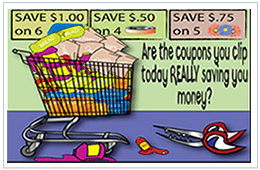 Here you will find all the best coupon advice, tips and how to make the most of all your coupons!
Here you will find all the best coupon advice, tips and how to make the most of all your coupons!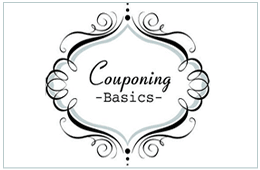 Are you looking for ways to stretch your dollar?
Are you looking for ways to stretch your dollar? 
